Discussions on shed rental or B&B arrangements have resurfaced in recent weeks as farmers make plans for wintering their stock. Each year, the Irish Farmers Journal receives queries as to the going rate for shed rental or daily charges for B&B movements and often, more importantly, what paperwork needs to be completed to stay within Department rules and regulations.
B&B arrangements involve an animal moving from the owner’s herd number into the herd number of the receiving holding (he or she becomes the keeper) offering the accommodation and feeding, meaning that both parties must have active herd numbers and maintain an up-to-date herd register (or accepted alternative such as a farm software package). Approval must be sought prior to movement using the Department’s NBAS 31B certificate of compliance, which can be found at www.agriculture.gov.ie or sought from your district veterinary office.
For movements to take place, the same rules and regulations apply as if an animal was being traded in the mart or in a farm-to-farm movement. The herds must be free from any restrictions preventing movement and the herd and animals must be cleared to move from a TB perspective. Brucellosis testing is no longer required for any animals.
When the certificate of compliance is issued, confirmation of movement must be sent to the cattle movement notification agency within seven days of movement. The person receiving the animals becomes the person in charge of the animals and must also be furnished with animal passports (blue cards) for the duration of the stay.
The Department of Agriculture says it has no role in B&B agreements outside of monitoring the movement of animals and disease identification and surveillance. As to whether it has a say on forward movement from the holding providing the B&B service, it explains that once there is no reason to halt movement from a disease perspective, it has no role and cannot influence such movements.
A contract between farmers is a means of protecting the owner of animals from not having their animals returned, while the same can be said for the B&B provider securing payment. Aisling Meehan will discuss this topic in more detail next week.
A strong recommendation from those experienced in the area is to clarify all aspects of the movement at the outset, with both parties agreeing in writing.
Disease control
We obtained advice from the Department on a number of other areas regarding B&B agreements and shed rental following queries from readers.
What is the outcome if there is a TB case in the owner’s herd or in the B&B (keeper’s) herd? Will animals be limited from moving from the holdings?
All herds which test positive for TB are immediately restricted. The movement of any animal from a restricted herd, other than directly to slaughter, is prohibited. The Department of Agriculture, Food and the Marine has advised that there are certain exceptional circumstances where the movement of test-negative animals into and out of a restricted herd, other than directly to slaughter, may be considered on welfare grounds.
This permission is only granted on the basis of minimal disease risk, where in certain circumstances the movement of a farmer’s own test-negative animal from a B&B or contract-rearing facility to the home farm may be considered by the regional veterinary office (RVO). Farmers are advised to contact their RVO in all circumstances to discuss the options available. In these circumstances, where the Department has approved a movement home of a farmer’s own test-negative animals, the movement will not affect the farmer’s right to compensation should these animals be subsequently identified as reactor in that herd. In these cases, any animals older than six weeks of age must be subjected to a 30-day pre-movement test in order to qualify for compensation.
In the event that a farmer’s own animals test positive for TB while being retained in a B&B or contract-rearing facility, the Department will pay any compensation due to the herd owner of the holding on which the animals are retained.
In view of this, farmers should have a written contractual agreement before entering any such arrangement.
Restrictions also apply to inconclusive reactor animals which test clear when retested. Such animals are restricted for life to the herd of disclosure and may only be moved direct to slaughter or, in exceptional circumstances, on foot of a movement permit directly to a feedlot for onward movement direct to slaughter.
If an animal is sent to a factory and there is a hold put on to the herd due to a lesion being identified, can that herd take in any animals?
A herd owner may move animals into their herd following a negative laboratory test or a negative balance of herd test subject to an epidemiological assessment of the risk of disease spread. Alternatively, a herd may apply for feedlot status. However, stringent criteria apply for the allocation of feedlot status including that feedlot herds move their animals to slaughter exclusively, there are no breeding animals and there is no risk to contiguous herds.
Can a farmer rent a shed on another holding for feeding animals over the winter? What notification, if any, has to be provided to the Department about the movement?
A farmer may rent a shed on a holding, but the animals that move into such a shed must move into the herd number of the herd/holding where the shed is located. They may not remain in the herd number from which they are moving.
Other considerations
A B&B movement counts as a change of ownership under the Quality Payment Scheme (QPS). Where animals are moved in and out of a farm, this counts as two changes of ownership or movements which may, depending on previous movements, affect payment of the QPS 12c/kg bonus (four movements allowed). Beware also if slaughter-fit animals are moved back to the owner’s herd number before slaughter, as it may rule them out of the QPS bonus under failure to achieve the 70-day residency period pre-slaughter.For a farm offering B&B, let your insurance provider know as you may need public indemnity insurance if allowing people to enter your farm to check on the progress of animals. Read more
B&B and shed rental costs
Focus: Winter indoor management
Discussions on shed rental or B&B arrangements have resurfaced in recent weeks as farmers make plans for wintering their stock. Each year, the Irish Farmers Journal receives queries as to the going rate for shed rental or daily charges for B&B movements and often, more importantly, what paperwork needs to be completed to stay within Department rules and regulations.
B&B arrangements involve an animal moving from the owner’s herd number into the herd number of the receiving holding (he or she becomes the keeper) offering the accommodation and feeding, meaning that both parties must have active herd numbers and maintain an up-to-date herd register (or accepted alternative such as a farm software package). Approval must be sought prior to movement using the Department’s NBAS 31B certificate of compliance, which can be found at www.agriculture.gov.ie or sought from your district veterinary office.
For movements to take place, the same rules and regulations apply as if an animal was being traded in the mart or in a farm-to-farm movement. The herds must be free from any restrictions preventing movement and the herd and animals must be cleared to move from a TB perspective. Brucellosis testing is no longer required for any animals.
When the certificate of compliance is issued, confirmation of movement must be sent to the cattle movement notification agency within seven days of movement. The person receiving the animals becomes the person in charge of the animals and must also be furnished with animal passports (blue cards) for the duration of the stay.
The Department of Agriculture says it has no role in B&B agreements outside of monitoring the movement of animals and disease identification and surveillance. As to whether it has a say on forward movement from the holding providing the B&B service, it explains that once there is no reason to halt movement from a disease perspective, it has no role and cannot influence such movements.
A contract between farmers is a means of protecting the owner of animals from not having their animals returned, while the same can be said for the B&B provider securing payment. Aisling Meehan will discuss this topic in more detail next week.
A strong recommendation from those experienced in the area is to clarify all aspects of the movement at the outset, with both parties agreeing in writing.
Disease control
We obtained advice from the Department on a number of other areas regarding B&B agreements and shed rental following queries from readers.
What is the outcome if there is a TB case in the owner’s herd or in the B&B (keeper’s) herd? Will animals be limited from moving from the holdings?
All herds which test positive for TB are immediately restricted. The movement of any animal from a restricted herd, other than directly to slaughter, is prohibited. The Department of Agriculture, Food and the Marine has advised that there are certain exceptional circumstances where the movement of test-negative animals into and out of a restricted herd, other than directly to slaughter, may be considered on welfare grounds.
This permission is only granted on the basis of minimal disease risk, where in certain circumstances the movement of a farmer’s own test-negative animal from a B&B or contract-rearing facility to the home farm may be considered by the regional veterinary office (RVO). Farmers are advised to contact their RVO in all circumstances to discuss the options available. In these circumstances, where the Department has approved a movement home of a farmer’s own test-negative animals, the movement will not affect the farmer’s right to compensation should these animals be subsequently identified as reactor in that herd. In these cases, any animals older than six weeks of age must be subjected to a 30-day pre-movement test in order to qualify for compensation.
In the event that a farmer’s own animals test positive for TB while being retained in a B&B or contract-rearing facility, the Department will pay any compensation due to the herd owner of the holding on which the animals are retained.
In view of this, farmers should have a written contractual agreement before entering any such arrangement.
Restrictions also apply to inconclusive reactor animals which test clear when retested. Such animals are restricted for life to the herd of disclosure and may only be moved direct to slaughter or, in exceptional circumstances, on foot of a movement permit directly to a feedlot for onward movement direct to slaughter.
If an animal is sent to a factory and there is a hold put on to the herd due to a lesion being identified, can that herd take in any animals?
A herd owner may move animals into their herd following a negative laboratory test or a negative balance of herd test subject to an epidemiological assessment of the risk of disease spread. Alternatively, a herd may apply for feedlot status. However, stringent criteria apply for the allocation of feedlot status including that feedlot herds move their animals to slaughter exclusively, there are no breeding animals and there is no risk to contiguous herds.
Can a farmer rent a shed on another holding for feeding animals over the winter? What notification, if any, has to be provided to the Department about the movement?
A farmer may rent a shed on a holding, but the animals that move into such a shed must move into the herd number of the herd/holding where the shed is located. They may not remain in the herd number from which they are moving.
Other considerations
A B&B movement counts as a change of ownership under the Quality Payment Scheme (QPS). Where animals are moved in and out of a farm, this counts as two changes of ownership or movements which may, depending on previous movements, affect payment of the QPS 12c/kg bonus (four movements allowed). Beware also if slaughter-fit animals are moved back to the owner’s herd number before slaughter, as it may rule them out of the QPS bonus under failure to achieve the 70-day residency period pre-slaughter.For a farm offering B&B, let your insurance provider know as you may need public indemnity insurance if allowing people to enter your farm to check on the progress of animals. Read more
B&B and shed rental costs
Focus: Winter indoor management




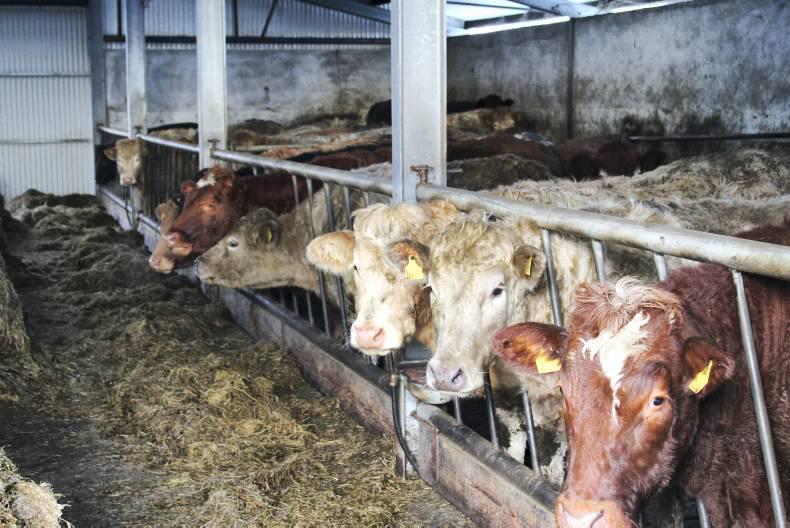
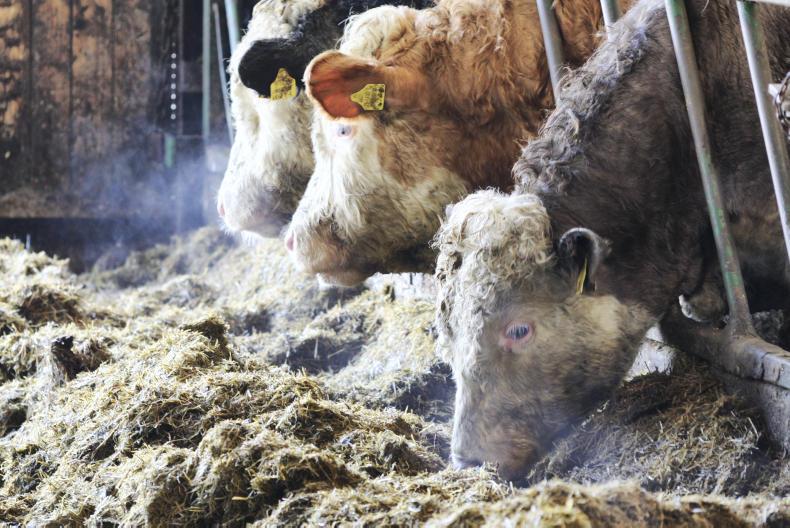

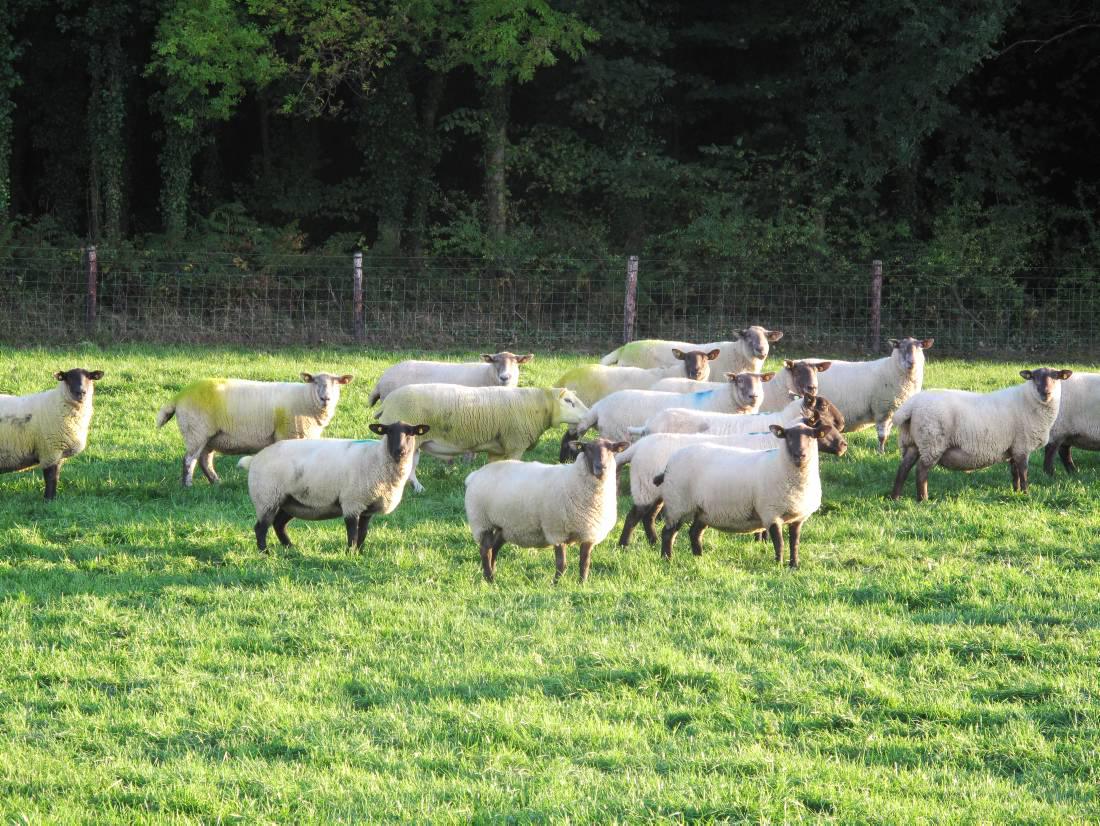
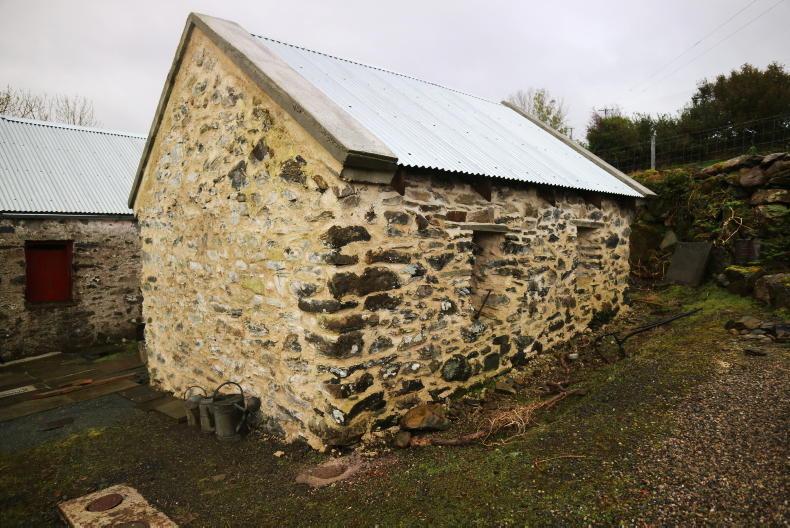
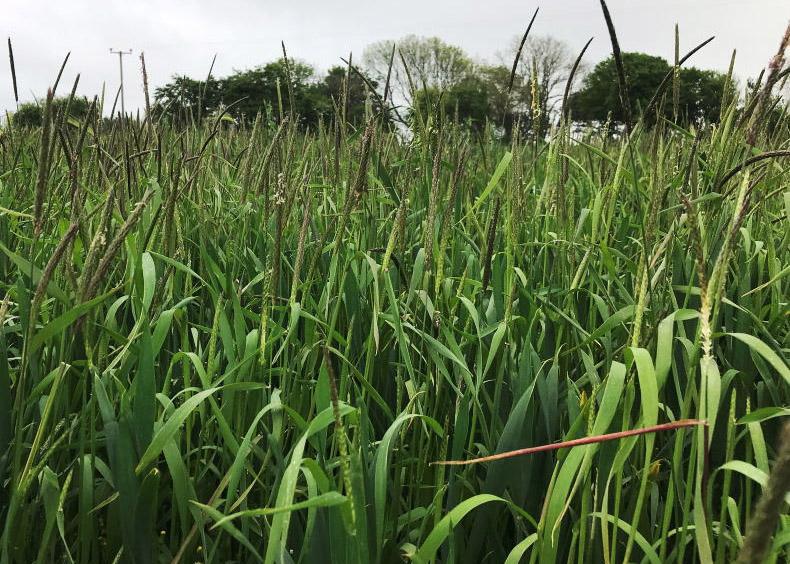
SHARING OPTIONS